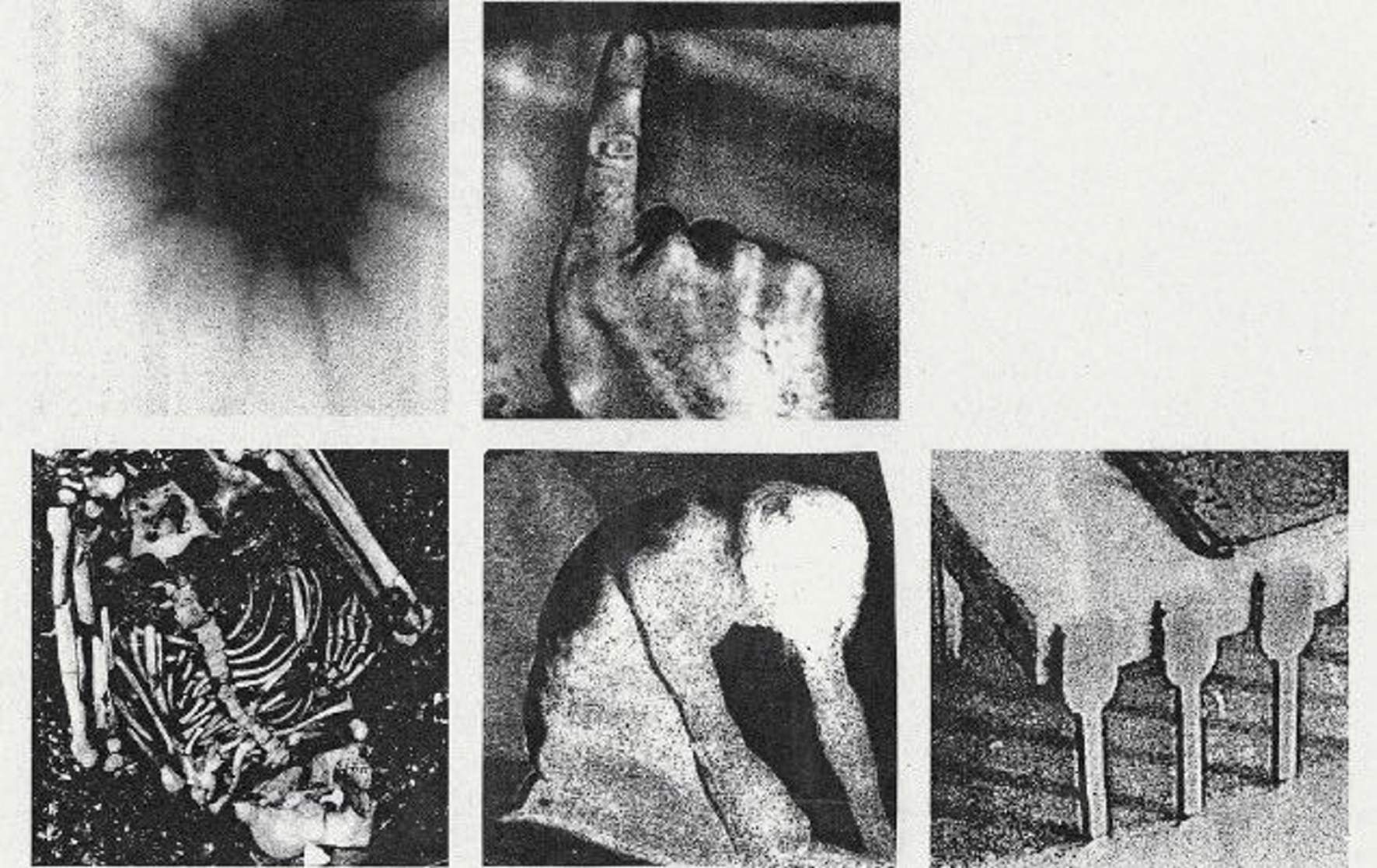It’s early and I’m drinking coffee in the sun when a friend shoots me the message: David Bowie died.
Nah. Not this morning. Not possible. But I search the headlines and it’s true. I see his chiseled face in story after story of remembrance and my heart falls as I realize what the world has lost: Our Ziggy Stardust, our Major Tom, our Aladdin Sane. He’s responsible for so much in the realms of music, art, fashion, theater and film, and I’ve loved him completely since 1986 when I met Jereth, the Goblin King for the first time, in Jim Henson’s “Labyrinth.” In his steel blue eyes rimmed in kohl liner, one pupil permanently dilated from a blow to the head as a lad, I saw my fantasy-filled future and grinned with great expectation.
My god, he was prolific, ever-pushing cultural and societal barriers beyond the earthly plane into the stars in pursuit of art and the transcendence of gender, sexuality and creativity. His albums told stories, and his songs were glittery beckonings to exist colorfully in multiple dimensions. He bridged the cosmos with the streets of New York and London and melded together the forms and habits of male and female into a hybrid species of androgyny. He was an artist in every drop of space-addled plasma that coursed through his bizarre Martian veins.
In 1996, he was aptly chosen to play one of his greatest inspirators, Andy Warhol in the film “Basquiat.” Having been hewn from the same silken genius as Warhol, naturally, he nailed each eccentric frame. In 1988, he imbibed the spirit of Pontius Pilot in Martin Scorcese’s classic, “The Last Temptation of Christ” and in the 1976 sci-fi gem, “The Man Who Fell to Earth,” he nearly played himself – a humanoid alien in search of water for his dying planet. Bowie’s imagination was interstellar, and his cross-medium influence undeniably electric.
As a college student at the University of Colorado in 2002, I smoked a fair amount of weed and listened to a lot of music with my best friend Jon. Psychedelics factored into the many levels of my education at that time as well, and glam rock savants such as Queen, Brian Eno, Iggy Pop, Lou Reed and of course, Bowie, set the sonic backdrop for a highly influential time in my life. On my wall, Freddie Mercury arched back in a crooning release wearing a desperately tight leotard while Bowie’s “Aladdin Sane” lightning-bolt innocence gazed wistfully down, pondering a decade fraught with extravagance and great social change.
I’ve always loved the benders of light, unapologetically strange artists who refract cultural memes and explode them into the collective social brain like meteoritic pyrotechnics. How do we explain the depth of impact light-benders like Bowie have on the development of our heart, our imagination and the crystalline structure of our unique individual essence? I’m different because of him. More accurately, I am who I am as an artist in part because of the contribution his music and persona made on the coalescing of my creative aesthetic. I’m deeply grateful to him and sense his delight in knowing that his life made a difference to a little American girl who once fell in love with the bright fantasy of space and magic he catalyzed.
I recall the day I learned of Michael Jackson’s death while browsing at a Buffalo Exchange in Costa Mesa, California. In that pivotal instance, I experienced a similar sensation of disbelief and denial, a choke of loss as part of my childhood slipped from me. Sharing that broken moment with a handful of strangers, we silently pondered the impact of his contribution to our lives as “I Wanna Rock With You” swayed above us. In Prague, I consoled a sweet transgender bartender who tearfully mourned the loss of Amy Winehouse, and together we marveled at the global and personal impact of a dearly departed muse.
It’s a funny thing, love, an unrestricted currency that flows forth in surprising volumes for beloved relatives, friends and never-before-met celebrities alike. In the wake of a loss, the one lost is often raised in remembrance, leaving behind a parting message of ascension. From Bowie, we are left with an entreaty to live our lives as art. In a final genuflection to the human experience and a parting kiss to his fans, David Bowie released his 25th studio album, “Black Star” on his 69th birthday, two days before his body lost an 18-month battle with cancer. It’s an extraordinary album, hauntingly weird and uncomfortable, rife with high art and jaggedly remorseless. In each song he’s dying, and he knows it. The song “Lazarus” opens with the lyrics, “Look up here, I’m in heaven,” and so he is, finally immaterialized, enmeshed with the matrix, a spider from Mars.
Jaime Becktel is a California-born artist and writer living in Mancos. She enjoys XC skiing, surfing, riding horses and kickin’ ass.













